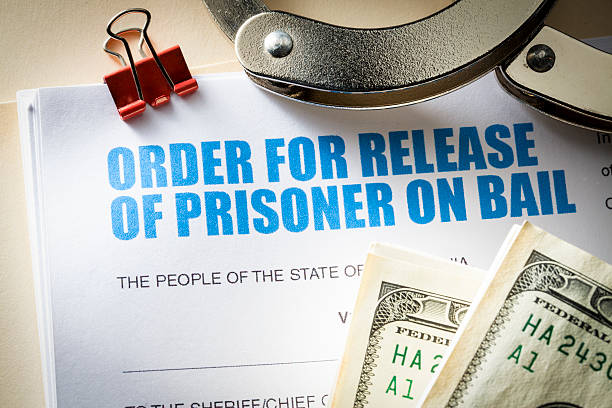What You Should Know About Bonds This Year

Getting arrested and having to spend some time in jail can be quite an unfamiliar feeling. But thanks to the presumption of innocence in the Universal Declaration of Human Rights, you are innocent until proven guilty and may post for conditional liberty. There may be cases where the judge may grant you conditional liberty. However, in return, you will be required to provide some sort of guarantee or security so as to assure them that you will return to face the charges against you. This type of assurance or security is what we know as “bail bonds”.
Bail bond is an agreement made between the judge and the defendant in order to obtain the defendant’s release before the court trial. Bail bonds are determined during a bail hearing. They are usually in the form of cash, property, or signature bond. A surety company may also get involved. In cases where a surety is involved, both the surety and the defendant must be present during the hearing. The financial sources of the defendant are considered in cases of other possible bail bond.
Once the bail has been finalized, it is important to understand the different forms and kinds of bail that people usually encounter. Cash, checks, and money orders obtained or earned by legal and lawful means are qualified forms of cash bail. Real estate and legal assets are among the considered forms of property bonds which the defendant presents as collateral or substitute for the total bail amount. When a defendant is unable to financially comply to the conditions of the bail, this is when dependent pays 10% of the total bail amount to a bail bond agent and a third party surety company functions and legally takes the responsibility to pay for the bail amount. There are also cases where the judge agrees to waive the bail amount; the defendant need not to pay for the bail in cash or collateral, but to only sign a few legal documents and agree to the stipulated instructions and conditions stated in exchange for the temporary release.
Questions About Services You Must Know the Answers To
The defendant is obliged to attend all court trials and legal proceedings after the bail has been approved. In case the defendant skips a hearing, the bail bond is considered to be in default. However, there is no need to worry yet since there are a number of ways in which you can solve the problem and prevent your bail bond from being forfeited. Unfortunately, if you aren’t lucky enough, and nothing has worked out so far out of all the methods and options you have tried, the bail bond you posted will be forfeited regardless of the circumstance, and not a single penny will be returned to you.Where To Start with Resources and More
